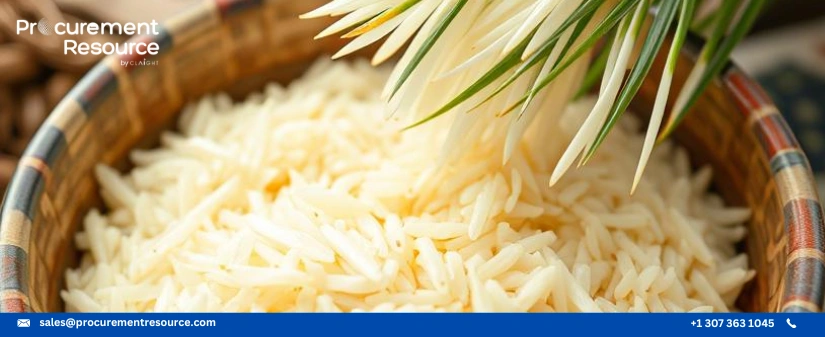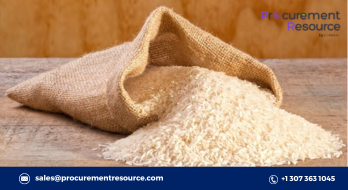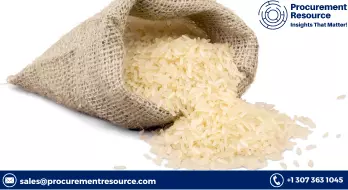India’s revocation of rice export ban has been causing a declining trend in the global prices

India annuls its ban on broken rice exports, immediately shifting the commodity from the "Prohibited" to "Free" category under its export policy. The Directorate General of Foreign Trade recently reversed a restriction that had been in place since September 2022. The decision comes as the country experiences surplus rice production following improved monsoon conditions in 2024, contrasting with last year's El Niño-affected harvest that prompted the original ban.
The policy change is significantly impacting global rice markets, with India - responsible for 40% of world rice exports - releasing approximately over two million metric tonnes of broken rice into international trade. Traders observe immediate price softening in domestic markets as stocks begin moving overseas.
While global demand remains tepid, the sudden availability of Indian broken rice creates competitive pressure on other major exporters like Thailand and Vietnam. Experts warn this could trigger a broader price correction across rice categories in coming weeks. The Indian government maintains the policy shift balances domestic food security concerns with opportunities to capitalize on strong production while supporting global food affordability.
Read More About Rice Production Cost Reports - Request Free Sample Copy in PDF
The downward trend in Indian prices has intensified competition in the global rice trade, particularly affecting Thailand, where quotes for 5% broken rice remained stagnant at $405 per tonne amid sluggish demand. Buyers are adopting a wait-and-watch approach, while Thai exporters face pressure from India’s competitive pricing and Vietnam’s aggressive market presence.




